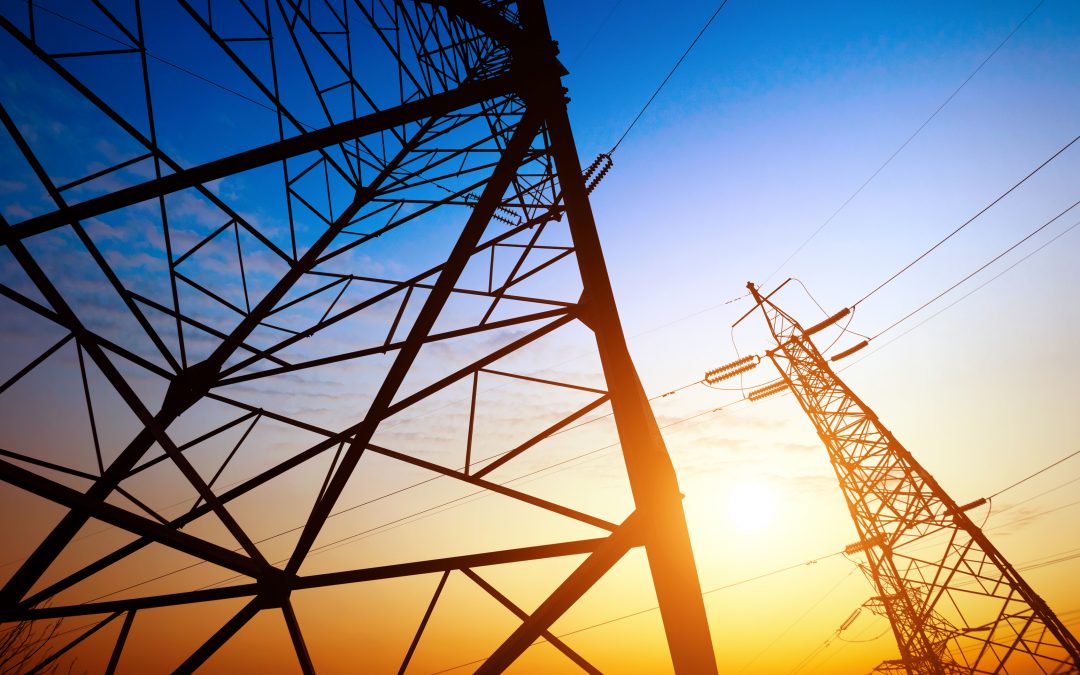I am an Electrical Safety/Engineer instructor of 35 years and have taught classes all over the world. I specialize in Arch Flash safety and have worked on voltages 50 to 500kV, Industrial, Commercial, Construction, and Utility customers. Technical work includes Circuit Breakers, Transformers, Protective Relays, Substations and many other fields. One of the most asked question I get is “can I trust non-contact meters on checking for zero energy”?
My response to this question is not a simple one, however if you will stay with me, I will explain my position over the next 3 articles here on INtegrity Learning Solutions.
Number one concern: Is this method and equipment approved?
That depends on the quality of the meter and the specifications by the manufacture. Always make yourself fully familiar with the manufactures’ literature prior to using the meter and follow all PPE requirements required by the NFPA 70E.
The NFPA 70E requires that only qualified personnel can use test equipment which also means they have had training on the Hazards involved.
That being said, I will share with you what my experiences have been in the field over my career. I have used non-contact meters every single day (except for one day) for over 40 years and have never found a quality meter (ie Fluke, Idea, Amprobe, etc) that failed to warn me of an energy presence in the equipment I was about to work on. By the way, that “one day” I mention was the day I got hit by 7200 volts and did not use my meter because it had been broken the week before and I failed to purchase a replacement meter.
I have had a few electrical folks tell me they fail, they don’t tell you the voltage, they can’t be trusted, etc. Again, my job was in the field everyday working on switchgear and equipment that is considered extremely hazardous, and I depended on the non-contact meter to warn me when Voltage was present.
If I was working on 1000V and below, I would use my non-contact meter to see if any energy was there, and then I would always follow that up by using a full contact Fluke 87 meter Cat IV, UL and CSA approved, Calibrated and tested on a known live circuit. Always wearing the appropriate PPE.
If I was working on Voltage above 1000V up to 122kV I would use my non-contact meter that was designed for that voltage and mounted on a hotstick and outside the Arch Flash boundary. That meter was also approved by UL, CSA and tested on known live circuits at a safe distance and wearing the proper PPE.
All I wanted to know was “Is the equipment energized or not” never depending on only just one condition or indicator to tell me that vital information. Again, the meter is designed to WARN and not indicate actual Voltage. I did not care if the Voltage was 4160V or 4200V, just wanted to make sure it was deenergized, zero energy tested. If you need to know the actual voltage on above 1000V equipment then think about having smart meters installed in the equipment with displays that will tell you the actual Voltage, why risk your life when technology can perform the function safely on ALL voltages.
Were the non-contact meters approved? Yes, they have been certified and have been tested by UL and CSA as Cat III, IV level meters. You need to purchase only meters, contact or non-contact from a manufacture of well-known reputation, after all, your life might depend on it! Keep in mind, “non-contact Voltage indicators/meters do not tell you the actual Voltage”!

